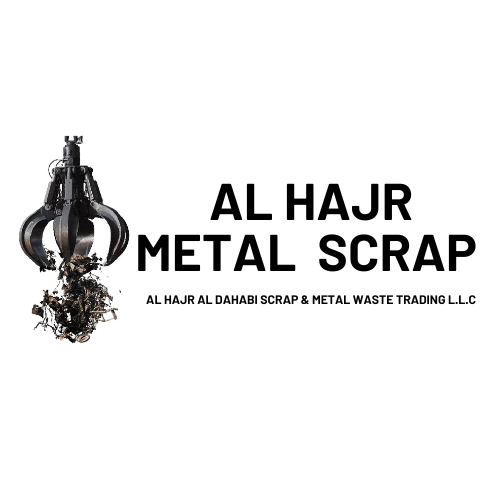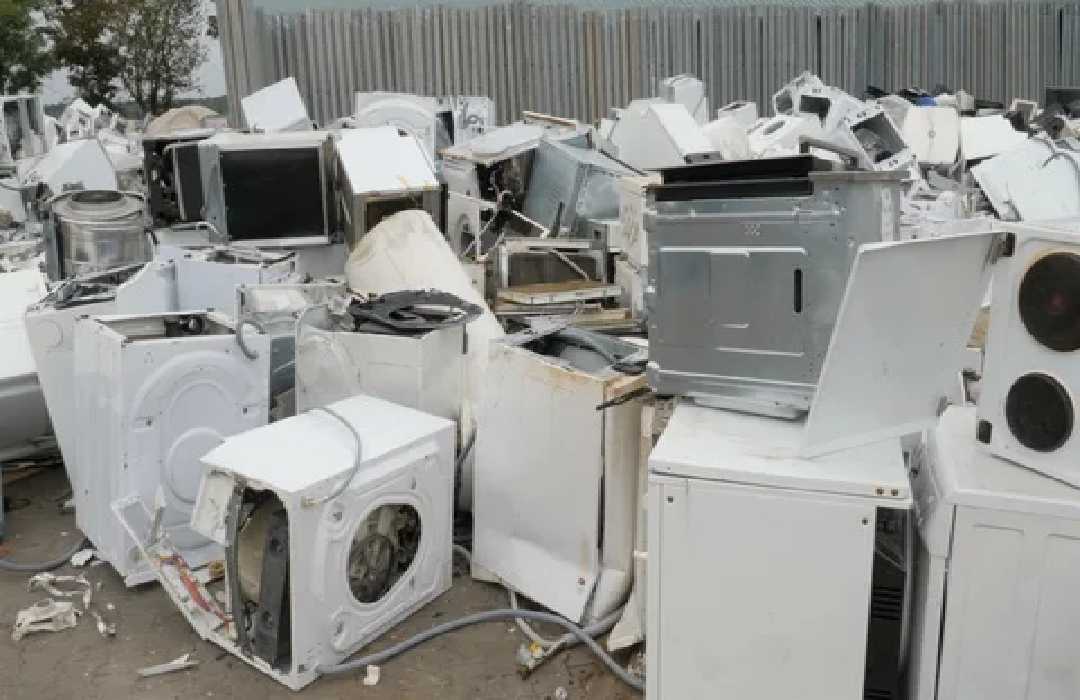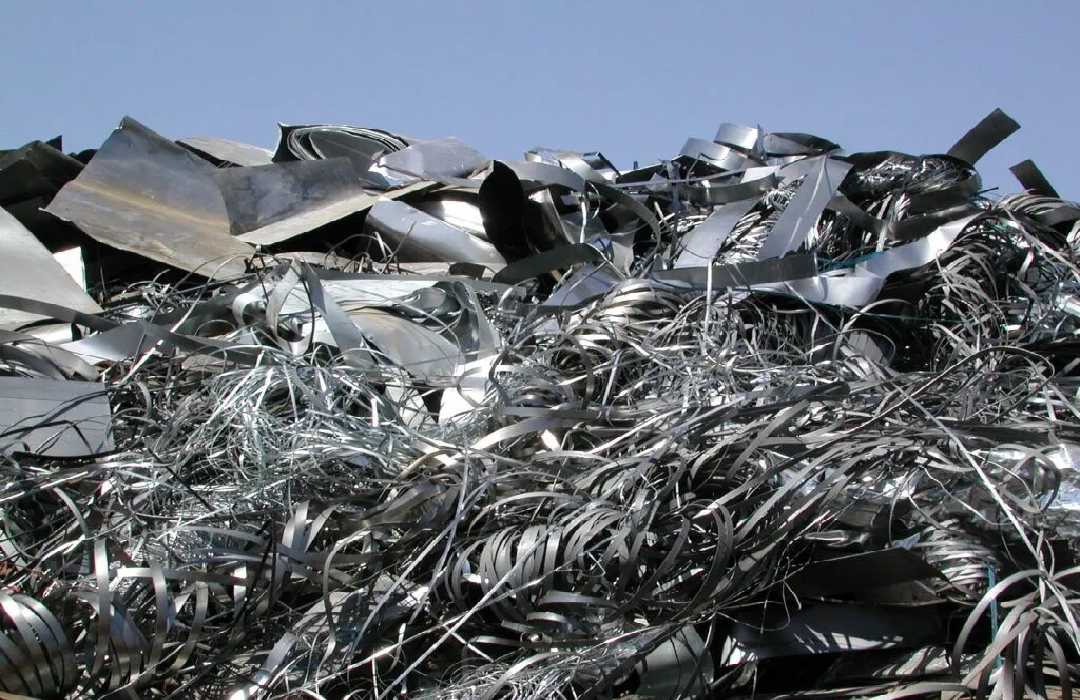As Dubai continues to expand and modernize, the demand for efficient and sustainable recycling practices is more critical than ever. One area gaining significant attention is the recycling of air conditioning (AC) scrap. With the region’s extreme temperatures driving high usage of AC units, innovative recycling techniques are essential for managing the resultant scrap efficiently. This blog explores the latest advancements in AC scrap recycling, tailored for the Dubai market, and provides actionable insights for businesses and consumers alike.
Recycling AC units not only helps in reducing environmental impact but also recovers valuable materials such as copper, aluminum, and steel. Properly managing AC scrap can significantly contribute to Dubai’s sustainability goals, reduce landfill waste, and support the local economy by providing raw materials for various industries.
Innovative Techniques for Recycling AC Scrap
1. Automated Dismantling Systems
Automated dismantling systems are revolutionizing the recycling process for AC scrap. These systems use advanced robotics and machinery to efficiently disassemble AC units, separating different components quickly and safely. Automation enhances the speed and precision of the recycling process, ensuring maximum material recovery with minimal human intervention.
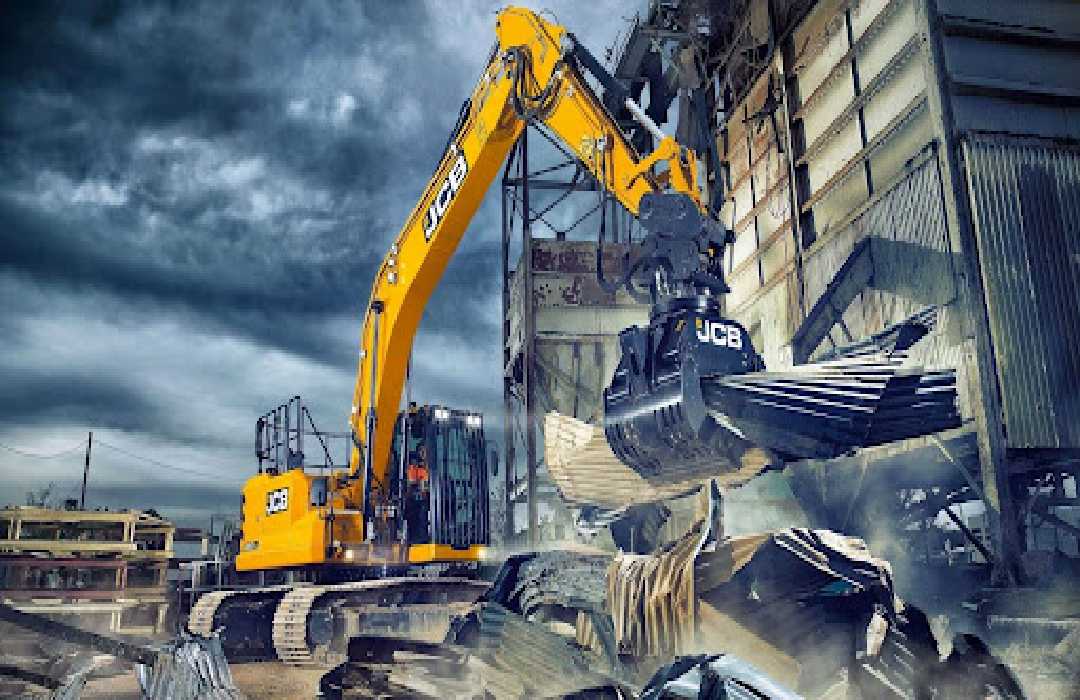
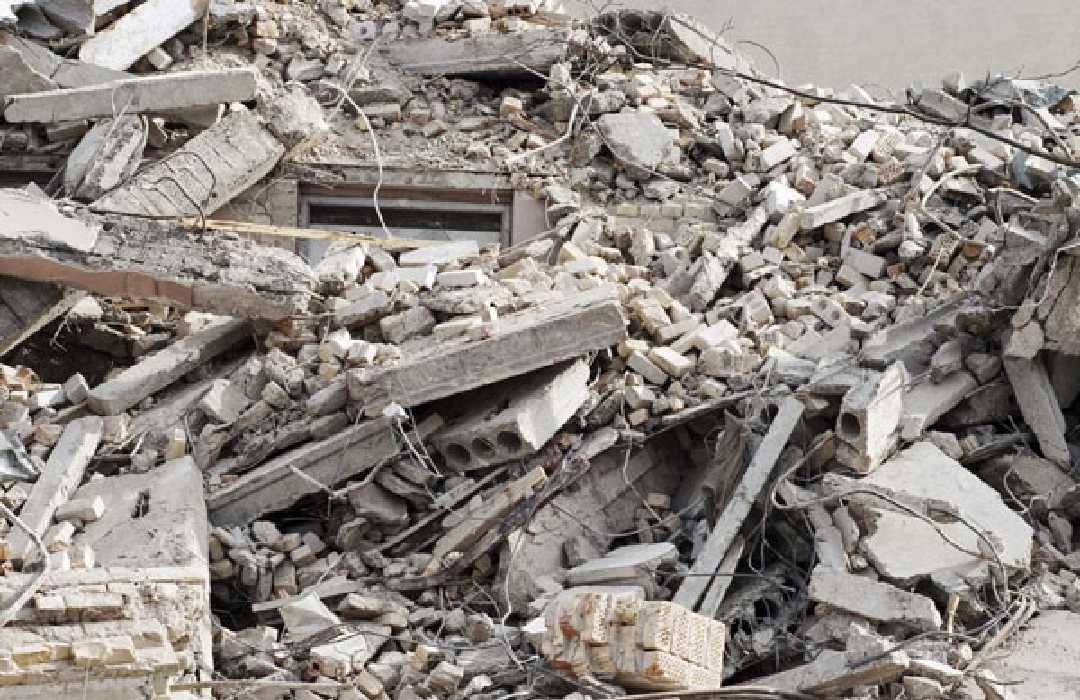
2. Cryogenic Recycling
Cryogenic recycling involves freezing AC components using liquid nitrogen, making the materials brittle and easier to separate. This technique is particularly effective for dealing with mixed-material components, such as those found in AC units. Cryogenic recycling not only improves the purity of the recovered materials but also reduces the energy consumption of traditional recycling methods.
3. Chemical Recycling
Chemical recycling processes use solvents and chemical reactions to break down AC components into their base materials. This method is highly efficient in recovering high-purity metals like copper and aluminum. Chemical recycling is especially useful for treating components with complex compositions, ensuring that valuable materials are not lost during the recycling process
4. Electrostatic Separation
Electrostatic separation technology uses electrical charges to separate different materials based on their conductivity. This technique is particularly useful for separating metal and plastic components in AC units. Electrostatic separation ensures high recovery rates of pure metals, which can then be reused in manufacturing new products.
5. Thermal Depolymerization
Thermal depolymerization involves heating organic components of AC units under high pressure to break them down into oil, gas, and solid residues. This process is effective for recycling plastic and rubber parts of AC units, converting waste into useful byproducts that can be used as industrial fuels or raw materials for new products.
Benefits of Innovative Recycling Techniques
1. Environmental Impact
Adopting these innovative recycling techniques significantly reduces the environmental footprint of AC scrap disposal. By efficiently recovering and reusing materials, these methods help in reducing greenhouse gas emissions, conserving natural resources, and minimizing landfill waste.
2. Economic Advantages
Efficient recycling techniques provide economic benefits by reducing the cost of raw material procurement and generating revenue from the sale of recycled materials. This is particularly relevant for Dubai’s construction and manufacturing sectors, which rely heavily on metals like copper and aluminum.
3. Compliance with Regulations
Dubai has stringent environmental regulations aimed at promoting sustainable practices. Utilizing advanced recycling techniques ensures compliance with these regulations, avoiding potential fines and enhancing corporate reputation.
Implementing Best Practices in Dubai
1. Partnership with Local Authorities
Collaborate with Dubai Municipality and other local authorities to stay updated on regulations and receive support in implementing innovative recycling techniques. These partnerships can provide access to grants, subsidies, and technical assistance.
2. Investment in Technology
Invest in state-of-the-art recycling technologies to enhance the efficiency and effectiveness of AC scrap recycling. Businesses should consider long-term investments in automated systems, cryogenic units, and chemical recycling facilities to stay competitive in the market.
3. Public Awareness Campaigns
Educate the public about the importance of recycling AC units and the benefits of using advanced recycling techniques. Awareness campaigns can encourage consumers to dispose of their AC units responsibly, ensuring a steady supply of scrap for recycling.
4. Training and Development
Offer training programs for employees to stay abreast of the latest recycling technologies and best practices. Skilled workers are essential for operating advanced recycling machinery and ensuring the highest standards of safety and efficiency.
Innovative recycling techniques for AC scrap are transforming the way we manage waste in Dubai. By embracing automation, cryogenic processes, chemical recycling, and other advanced methods, we can achieve greater material recovery, reduce environmental impact, and support economic growth. Businesses in Dubai must invest in these technologies and collaborate with local authorities to create a sustainable future.
